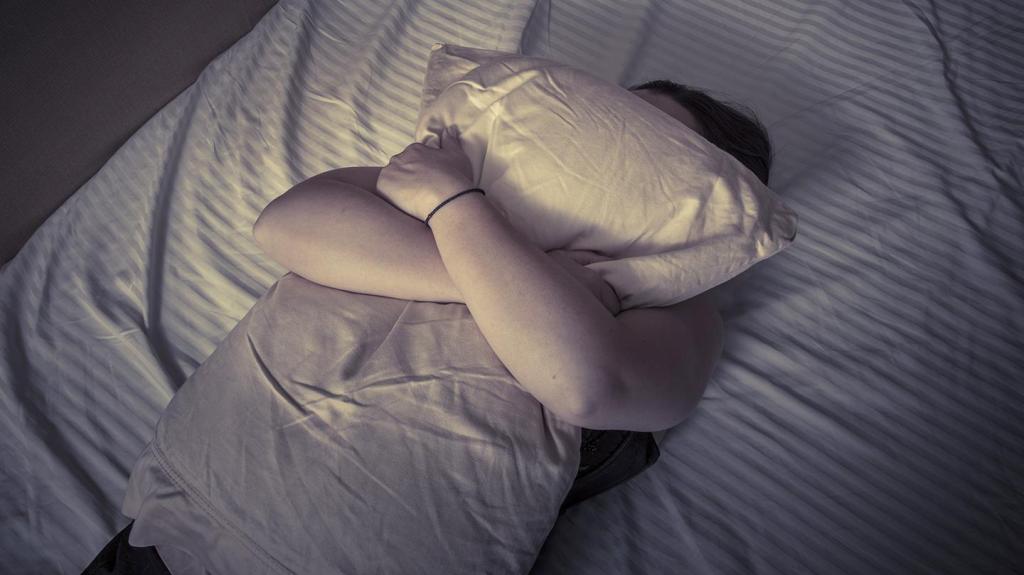This article originally appeared on Tonic.
Almost all of us have had a bad night’s sleep—probably lots more than one. But a few restless nights here and there isn’t the same thing as having insomnia, a persistent and frustrating inability to sleep. Now, a new review in the journal Behaviour Research and Therapy examines what’s called “insomnia identity:” the belief that you have insomnia when, in fact, you do not.
Videos by VICE
Even objectively good sleepers can have this belief, while poor sleepers can conversely not consider themselves to be insomniacs. And that self-diagnosis can be powerful: the author, Kenneth Lichstein, reviewed 20 studies and found that daytime impairment—the groggy, depleted feeling after a sleepless night—was better predicted by whether people considered themselves to be insomniacs than by whether they actually slept poorly.
How does that happen? It seems intuitive that most people have a pretty good sense of their own sleeping habits. You know better than anyone how you feel when you wake up in the morning (or afternoon—no judgment). If you’re a little slow in the brain and feel like everything’s way harder to accomplish than it should be, you might make the connection to sleeping poorly. And you’ll be ready to complain about it. On the other hand, if you wake up refreshed and revitalized, ready to sing your way into the world, you’ll probably thank having slept like an angel.
But the review found that about a quarter of the population are “uncoupled sleepers.” Their judgment of how they slept is uncoupled from how they actually slept. (Polysomnography, which captures brain waves and other physiological measures of sleep, can illustrate this divide. Sleep diaries, too, can separate fact from belief.) People who slept fine could complain about not getting good sleep, while people who’d slept poorly might not complain at all.
More importantly, people who thought they had insomnia—that is, the complaining good sleepers who embraced the insomnia identity—had greater daytime impairment than non-complaining poor sleepers. That is, they showed actual physical consequences for their belief. According to the review, having an insomnia identity can have real costs, including greater risk for self-stigma, depression, suicidal ideation, anxiety, hypertension, and fatigue.
Lichstein, a professor of psychology at the University of Alabama, calculated that 37 percent of people in the studies who complained of insomnia “do not have poor sleep by conventional standards.” They weren’t champion sleepers, but they were basically normal. Meanwhile, many people with seriously disordered sleep showed none of the distress associated with insomnia.
The difference may come down to how people think about sleep, Lichstein suggests. The self-styled insomniac may have unrealistic expectations about how good their sleep should be; they may exaggerate minor issues or see them as symptoms of a bigger problem. After a few good nights, a single bad one might become a sign that their “insomnia” has returned. For these people, sleep becomes a deep well of anxiety which, of course, only makes sleeping harder.
In such cases, treating the mind may prove more successful than treating the body. Lichtstein recommends Cognitive Behavioral Therapy (CBT), which has been successful in treating insomnia. Mindfulness meditation may also help, as may dialectical processes that ask patients to break down their assumptions about normal sleep and their identity as insomniacs. Such interventions could help them realize greater control, and start sleeping better.




